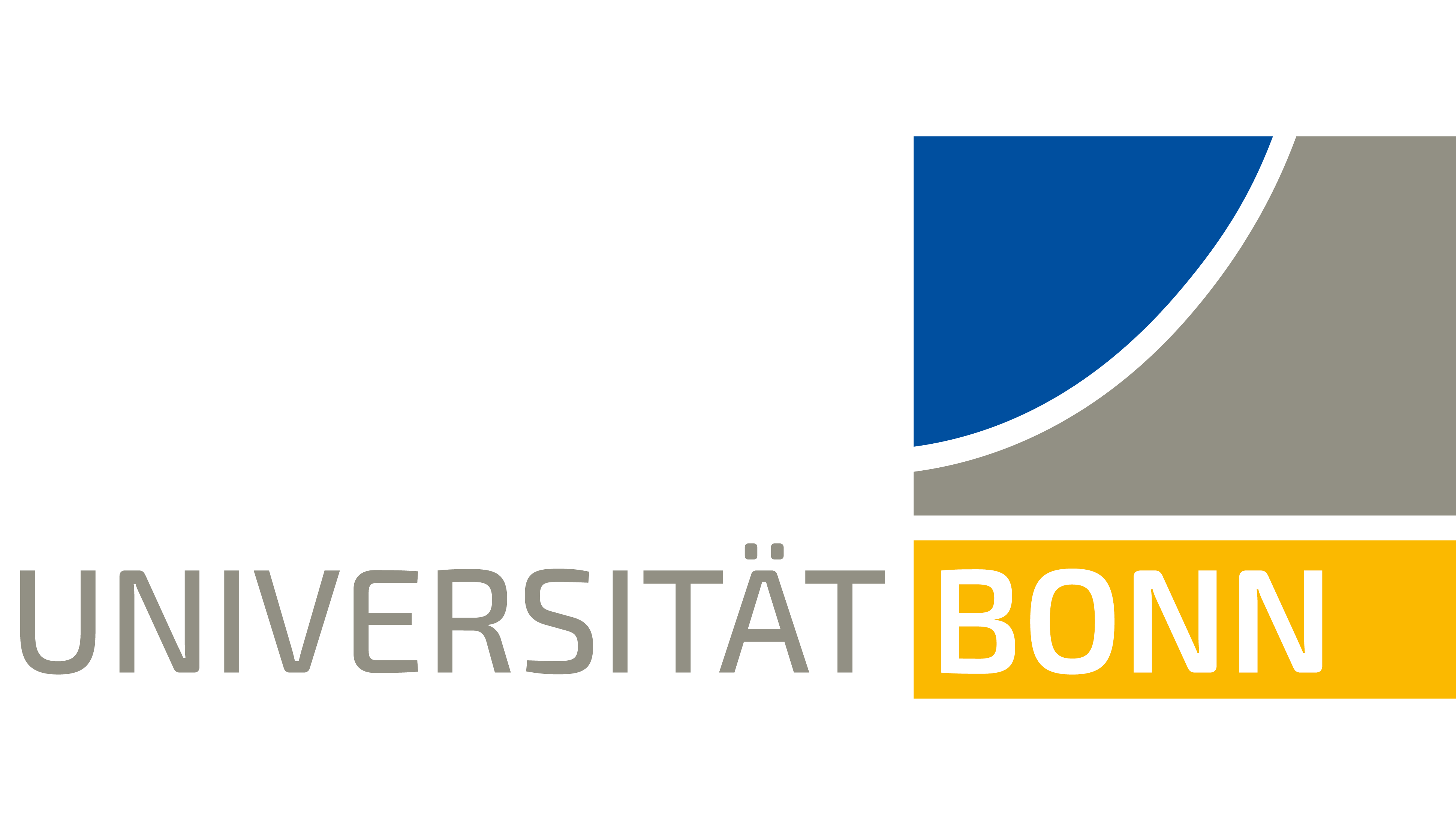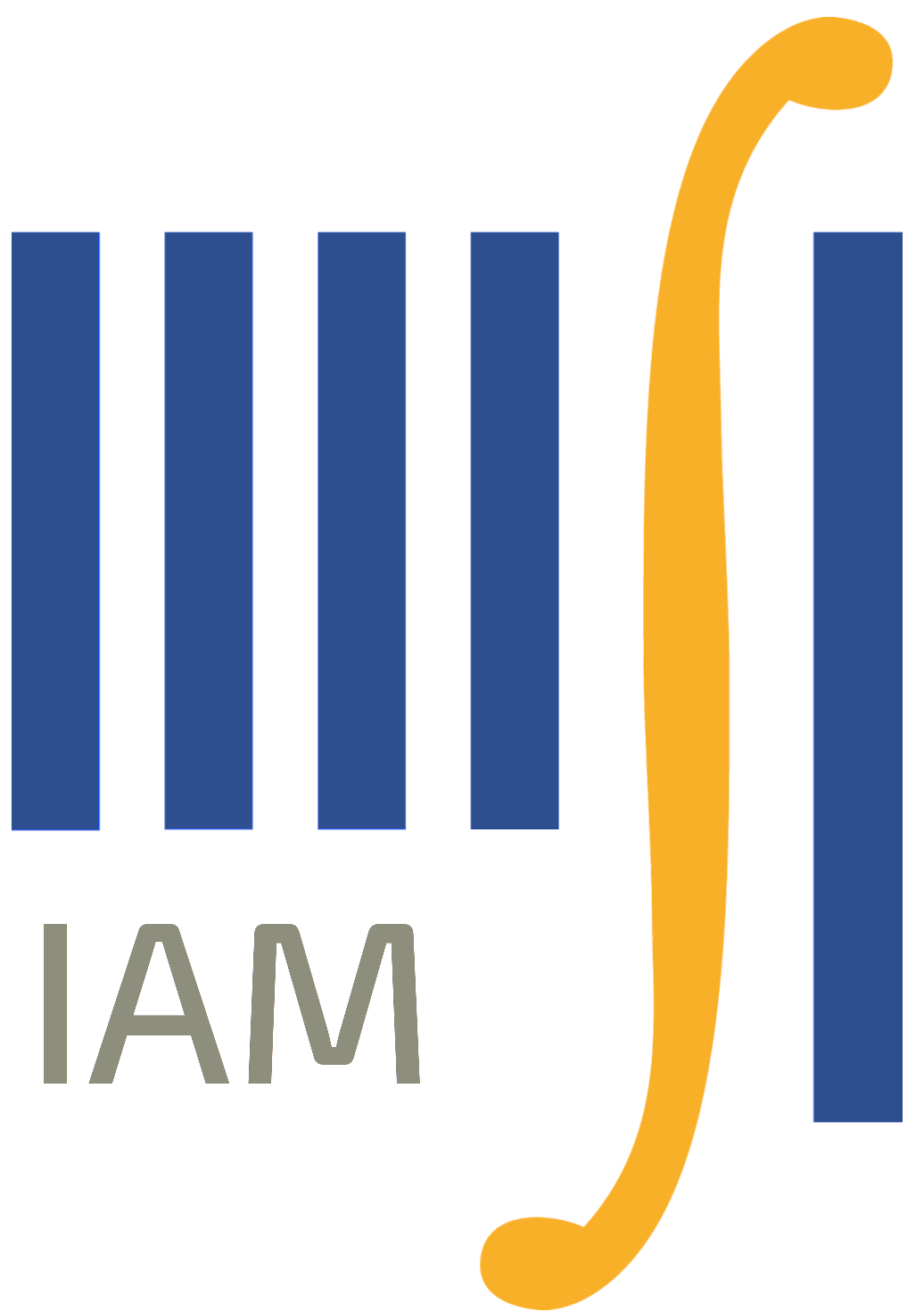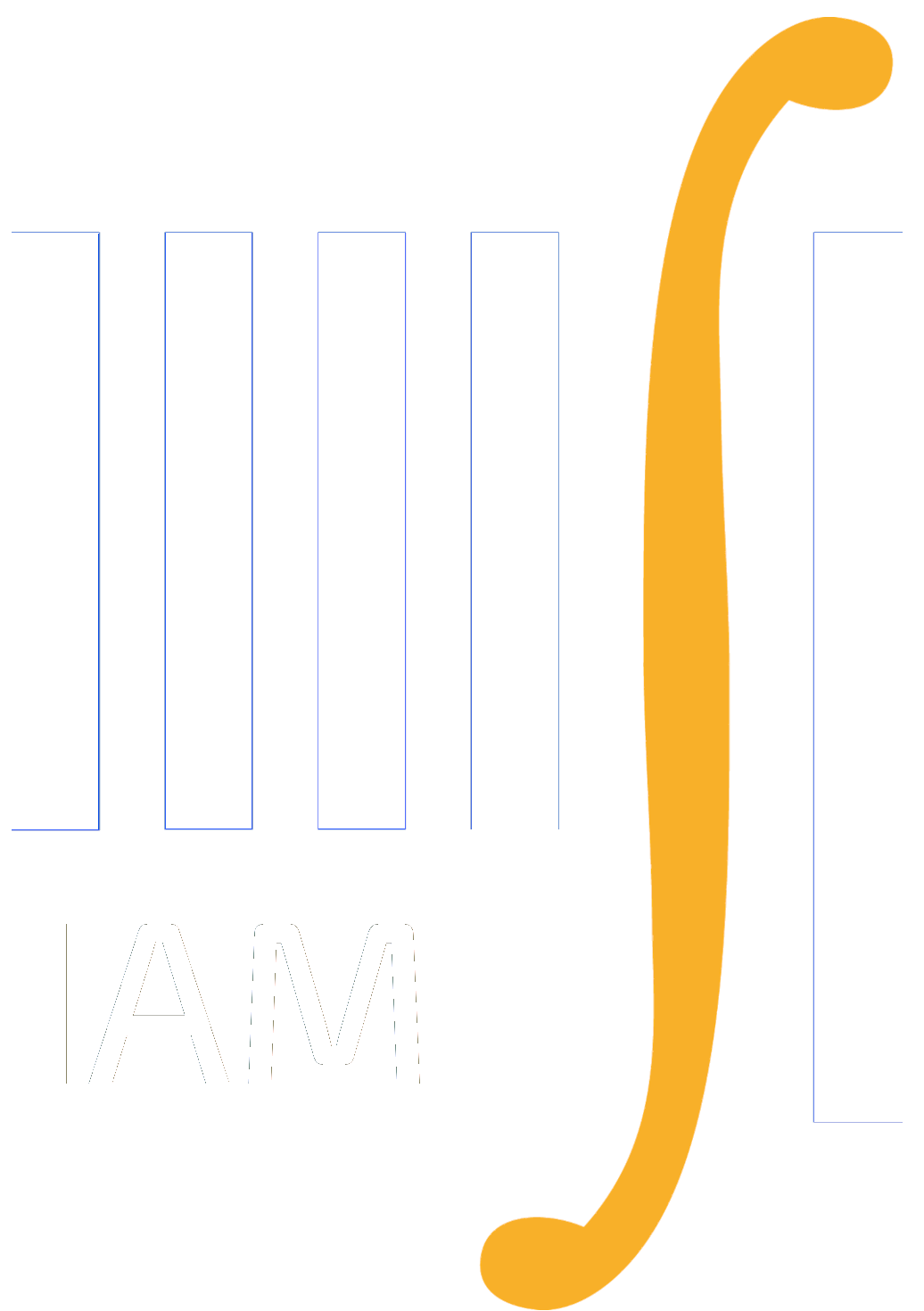Functional Analysis
Asymptotic Analysis
Winter term 2013/2014
Graduate lecture course V5B2
J. J. L. Velázquez
Lectures Monday 12–14, room N0.003, and Friday 10–12, room N0.008
Synopsis
Asymptotic methods are a set of techniques that allow to compute approximate formulas for the solutions of a large class of ordinary and partial differential equations which contain some large or small parameter. Some of these methods were originally introduced for the equations of Classical Mechanics, but their range of applicability has largely expanded and additional tools have been developed in order to handle specific classes of problems, such as the ones arising in Optics, Fluid Mechanics or Quantum Mechanics.
Asymptotic Analysis is today one of the standard tools in Applied Mathematics, used to derive approximations for the solutions of many problems. However, often the derived formulas are not mathematically rigorous and to obtain their precise mathematical meaning is a challenging problem. Frequently, the asymptotic formulas available for the study of one specific problem suggest interesting results in Analysis as well as interesting mathematical problems.
There is a relatively large diversity of Asymptotic Methods. A general strategy used to derive asymptotics is usually to rely on some explicit formulas which approximate the solution of the desired problem, at least in some regions of the space of variables. In many cases, one needs to connect different approximations of the solutions in different regions by means of a procedure called "matching". This concept plays an essential role in many asymptotic problems.
Some of the topics covered in this course are:
- Asymptotic series;
- Asymptotic approximations for solutions of linear and nonlinear ODEs;
- Multiple scales methods;
- Matching of solutions;
- WKB methods;
- Examples of asymptotic expansions in PDEs.
Literature
- C. M. Bender and S. A. Orszag. Advanced Mathematical Methods for Scientists and Engineers. McGraw-Hill, 1978.
- M. H. Holmes. Introduction to Perturbation Methods. Springer Verlag, 2013.
- J. Kevorkian and J. D. Cole. Perturbation Methods in Applied Mathematics. Springer Verlag, 1980.


